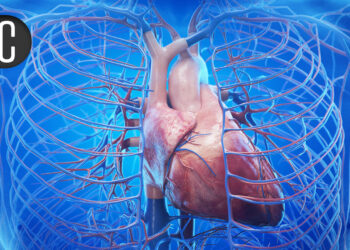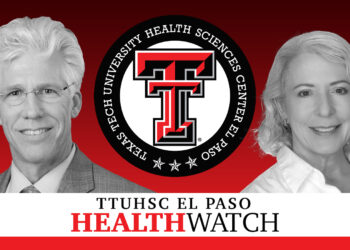
Protein fragments managed to persist in the harsh conditions of Kenya’s Rift Valley
Ellen Miller
The fossilised teeth of 18-million-year-old mammals in Kenya have yielded the oldest protein fragments ever recovered, extending the record age for ancient proteins fivefold.
Daniel Green at Harvard University, in collaboration with Kenyan scientists, found a variety of fossilised remains, including teeth, in Kenya’s Rift Valley. Volcanic activity had helped preserve the samples by encasing them in layers of ash – layers that let the researchers date the teeth to 18 million years ago. But in the field, they couldn’t figure out whether the proteins in the tooth enamel had endured.
The odds weren’t good – Rift Valley “has been one of the persistently hottest places in the world for going back over 5 million years”, says Green. This harsh and unforgiving climate creates “a very challenging environment for [protein] preservation”. Still, prior research had managed to find proteins in tooth enamel, albeit none from teeth as old as these. So, to see whether any traces of protein had managed to last, Green used small drills to remove powdered enamel from the teeth. “It’s like being a dentist for a little bit,” he says.
The researchers sent these samples to Timothy Cleland at the Smithsonian Museum Conservation Institute for analysis. He used a technique called mass spectrometry to identify each molecule type in the sample by separating them by their masses.
Surprisingly, he found fragments of proteins that were complete enough to provide important taxonomical information. This revealed that the teeth had belonged to prehistoric ancestors of elephants and rhinos: proboscideans and rhinocerotids, respectively. Cleland is enthusiastic about being “able to put even these older species into the tree of life with their modern relatives”.
Only a small amount of protein material was recovered, but that doesn’t diminish the finding, says Frido Welker at the University of Copenhagen in Denmark. He says the ability to cultivate protein and learn anything about a fossil this old is “a massive breakthrough”.
Sampling teeth, as opposed to another tissue such as bone, could be key to finding protein fragments as old and informative as these. “The sequences in the enamel proteins are a little more variable,” says Cleland, “so we can get a little more evolutionary information.”
The make-up of the teeth might also have helped preserve their proteins for such a long time. Because teeth are “mostly rock”, Green says, these minerals surround and help protect the proteins in the enamel in what Cleland calls a “self-fossilisation process”. And the preservation is also aided because the enamel itself contains only a small amount of protein – about 1 per cent. “Whatever protein is present ends up sticking around a lot longer,” says Green.
The fact that protein fragments can survive even in the Rift Valley suggests ancient fossils found in other regions might contain proteins as well. “We can start to really think about other harsh areas of the planet where we wouldn’t expect great preservation,” says Cleland. “There might be some microenvironmental differences leading to protein preservation.”
In addition to examining proteins from the same time period as these, the researchers hope to find samples from different eras. “We would love to go back in time even further,” says Cleland. Green says examining younger fossils may offer “a baseline of expectations” for the number of preserved protein fragments relative to fossil age.
“We’re only scratching the surface right now,” says Cleland.
Topics:
Source link : https://www.newscientist.com/article/2487702-oldest-proteins-yet-recovered-from-18-million-year-old-teeth/?utm_campaign=RSS%7CNSNS&utm_source=NSNS&utm_medium=RSS&utm_content=home
Author :
Publish date : 2025-07-09 16:00:00
Copyright for syndicated content belongs to the linked Source.








